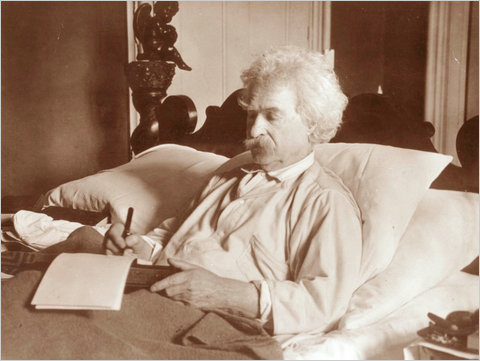What follows is not about me but about readers, writers, and lovers of the craft. My morning routine of scrolling through the work of others, with my 100-hour incredibly eclectic and wildly random genre playlist pinballing around in my moderately cognitively challenged brain, convinced me that I needed to put these thoughts down for you to consider in your own personal context.
As the draft of the paragraph above was being cleaned up at Grammarly’s behest, I received a phone call from someone I’ve known for 25 years and who is not long away from being released from prison. The backstory is incredibly long and complicated, and I will tell it at length sometime in the future. We talk almost every day and have done so consistently throughout the years he has been incarcerated. When I told him I was putting this story together, he mentioned a song by Clint Black that he said was fairly similar to what I hope to convey as we proceed. I will publish the link at the bottom of this entry, but he wasn’t wrong.
I have said before that I did not attend college majoring in any sort of literary degree program. I am what you might call an “unwashed writer”, never having been bathed in the waters of highly educated and thoroughly trained writing prowess. I’m naturally drawn to the work and I have written about the reasons for this elsewhere, but something has always drawn my thoughts to those accomplished writers that have come before us and I find myself quite often trying to imagine them sitting at their desks, furiously writing and scratching out draft manuscripts, and sometimes I get lost in imagining what’s going on in their brain as they develop what becomes future masterpieces.
I try to visualize Mark Twain in a rocking chair on his porch, smoking a cigar in deep thought, Hemingway pounding his two index fingers into a manual typewriter, or Shakespeare fussing over his quill feather and Inkwell… Trying to keep his train of thought while having to re-sharpen the tip of the feather. There’s obviously no way for me to know this, but I’m betting that a lot of you do similar things while reading their work or thinking about things you’ve learned after having finished. And for those of you who have studied the work of our forebears, it’s a safe bet that lines and passages bounce around in your head from time to time, even when you’re doing something completely unrelated.
Where am I going with this, 400 words in, you ask?
Because I can’t read, all of the information that comes into my head from the work of others, whether it’s written words or words set to music, comes through my ears. When I come across a quote from, say, Ralph Waldo Emerson, I’m triggered to visualize Walden Pond. If I listen to a song by, say, Beethoven, I’m triggered to visualize poofy dresses and men in knickers and kneepants. Or maybe it’s a song by, say, Clint Black in the aforementioned example, and I visualize bales of hay, string ties, cowboy hats, and pointed-toe boots, and maybe a horse or two for good measure.
In his song “State of Mind,” Black asks this question: “Ain’t it funny how a melody can bring back the memory
Take you to another place in time
Completely change your state of mind?”.
I was gobsmacked, after listening to the song, by the fact that I thought exactly that while listening in my headphones to a story in this morning’s news feed on Substack. It doesn’t even matter which one it was because so much of the work I come across is so incredibly well done that it drags all of my senses into the place where these writers are when they put their content together and they take me along for the ride with them on their Journey. Everything I was thinking about for my own writing plans vanished in thin air and, as the song says, completely changed my state of mind.
Words and music, sights and sounds, scents and fragrances in the air, and textures and tastes… Properly conveyed in a written or musical work… can change our state of mind, but they can also conjure up long-forgotten or well-hidden memories deep inside ourselves, drag us into our own internal reflections about times, places, and people in our past, and force us to revisit them and drag us along into our own introspective journeys.
It fascinates me to consider that each of us living now or having ever lived in the past is unique; like snowflakes and fingerprints, no two are the same. Even though there is a finite number of words and notes in the human experience, every word has been written, and every note has been played, yet the number of combinations of these things is infinite—or at least it appears to be.
The one thing I’m quite sure of is that, so long as we read someone else’s words or listen to someone else’s song—and the words used to convey the thoughts or emotions embedded in that music—we have the opportunity to be inspired by others so we might look more closely at ourselves, deep deep down inside, and use that newfound inspiration to pass along to others so that they might do likewise.






